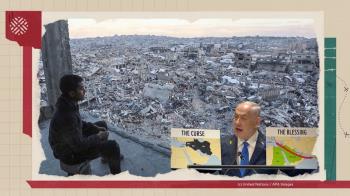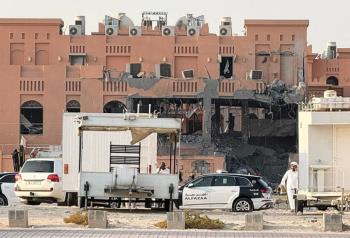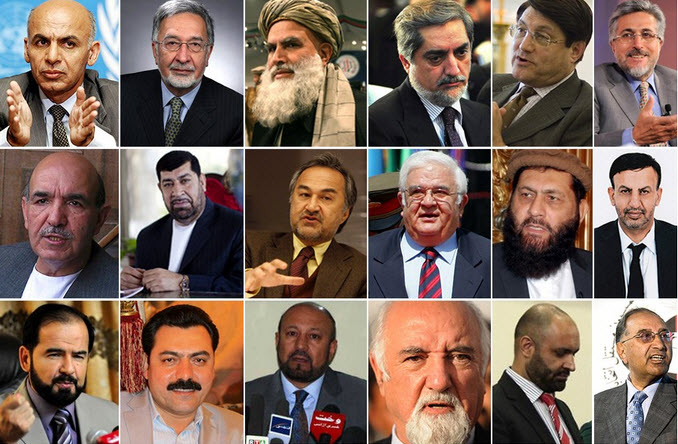alwaght -Presidential election in Afghanistan plays a crucial role in the future and destiny of Afghanistan. These days, Afghanistan and world are paying more attention on to 2014 election. In addition, political parties and figures are become ready to show their status and introduce their candidates by approaching to 2014 presidential election in Afghanistan.
If Afghanistan presidential election in 2014 does not hold democratically fair and free, it may lead to security crisis and even a civil war in Afghanistan according to public opinions. Therefore, there is a meaningful relationship among political stability, social security and Afghanistan presidential election in 2014.
Presidential and provincial election in Afghanistan is the third election since 2004 that will be held on fifth April 2014. It is noteworthy that the first presidential election was held in 2004 and the second in 2009. The president of Afghanistan is elected for a five-year term.
Afghanistan's social and political characteristics in each election are idiosyncratic. Ethnicism and political parties are the main characteristics of Afghanistan's elections. These political parties are supported by regional and international governments. Afghanistan election will change the stance of Afghan politicians. This can be considered as the most important characteristics of 2014 presidential election in Afghanistan. Afghan politicians will try to take maximum advantage of their own ethnic or religious groups.
2014 Presidential Candidates
In 2014 presidential election of Afghanistan, the majority of candidates are Pashtun. According to Pashtun people, they are the older brothers of other Afghan ethnic groups. Pashtuns are the largest ethnic group in Afghanistan and reigned in recent 250 years in this country with a positive face among other ethnic and religious groups of Afghans. Regarding pashtuns' long-standing background in Afghanistan history, if a pashtun is among the presidential candidates, other candidates will not be selected. Under Afghanistan constitutional law if the president is pashtun, the first and second vice presidents should be selected from other ethnic groups. Accordingly, since 2004, the first vice president was Tajik and the second vice president was Shiite in the second presidency in Afghanistan.
Taliban militants' Stance in Presidential Election
Taliban militants will boycott Afghanistan’s 2014 presidential election, unless occupying forces leave Afghanistan. According to Taliban group, the presence of occupation forces is against national and Taliban interests in Afghanistan. Behind this scene, Taliban militants support some political groups in this presidential election. They will try to support those candidates who seem to be the probable future president of Afghanistan. In addition, they try to support those who deserve a lion's share for Taliban people in power structure of Afghanistan or give Taliban, the authorities of southern states of Afghanistan.
Predicting and Evaluating Elections
Afghanistan presidential campaign kicked off on second February 2014and it will continue for two months. Supporting Afghanistan parties by the international governments and foreign forces, Karzai's stance on Afghanistan security deal with US, the power of Taliban militants to operationalize their threats, the divergence and convergence between parties and political groups, and the idiosyncratic political deals in Afghanistan are among the impressive factors in Afghanistan presidential election in 2014.



























